US-Israel talks end in Washington without agreement on settlements
Four days of “intensive” discussions between the Trump administration and senior Israeli officials in Washington have ended without an agreement on a settlement construction policy.
The White House expressed President Donald Trump’s concerns about the Israeli settlement activity and the Israeli delegation agreed to take those concerns into consideration, according to a joint statement issued on Thursday.
Trump’s special envoy, Jason Greenblatt, led the US delegation in the talks with Israeli Prime Minister Benjamin Netanyahu’s chief of staff Yoav Horowitz and foreign policy adviser Jonathan Schachter.
The two sides said they would continue to engage in dialogue over the continued expansion of settlements in East Jerusalem al-Quds and the West Bank.
The talks were the latest step by Trump’s aides to pave the way for the resumption of the so-called peace diplomacy between Israel and the Palestinians.
Ironically, the discussions concluded on the same day as the Senate confirmed David Friedman, a pro-settlement hardliner, as the new US ambassador to Israel. Friedman, who once served as Trump's bankruptcy lawyer, is also critical of the so-called two-state solution.
Read more:
Greenblatt met with Netanyahu in Jerusalem al-Quds earlier this month where they stressed “commitment” to the peace process.

Despite striking a more supportive tone toward Israel than former president Barack Obama, Trump urged Netanyahu during a White House meeting last month to “hold back on settlements for a little bit.”
The two leaders pledged that their advisers would try to work out a policy on Israel’s settlements on the occupied territories.
Trump has expressed some ambivalence about Israel’s settlements but has not publicly detailed what kind of agreement he seeks with the Israeli regime on the issue.
Israeli settlements are considered illegal under the international law and are seen as the main obstacle to the so-called peace talks, which have been frozen since 2014.
During a joint press conference with Netanyahu on February 15, Trump suggested he was ready to abandon decades of American policy in favor of a "two-state solution."

“Looking at two-state or one-state, I like the one that both parties like. I’m very happy with the one both parties like. I can live with either one,” the president said.
The Palestinians want East Jerusalem al-Quds as the capital of their future state, but expanding settlements by Israel have been complicating the process.
Emboldened by the election of Trump, Israel has given the go-ahead to the construction of hundreds of new settlement units.
VIDEO | Press TV's news headlines
Israel plans to seize Palestinian-owned land in occupied East al-Quds
VIDEO | Displacement in Al-Ouja: A broader push to reshape the occupied West Bank
World Economic Forum revokes Iran FM’s invitation 'under US-Israeli pressure'
VIDEO | The West’s blueprint for modern leadership change war
Iran resolved to protect its independence, security against foreign intervention: FM
Heads of govt. branches vow to resolve economic woes, ensure public security
Several killed as explosion rips through Kabul's high-security district


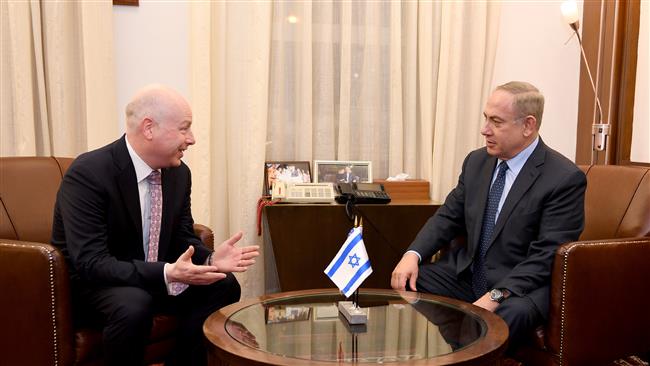
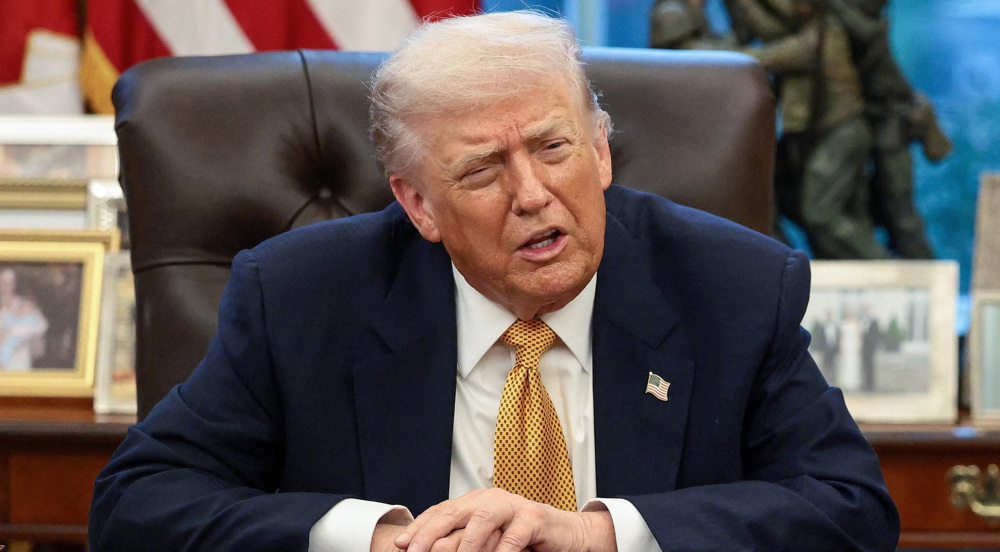
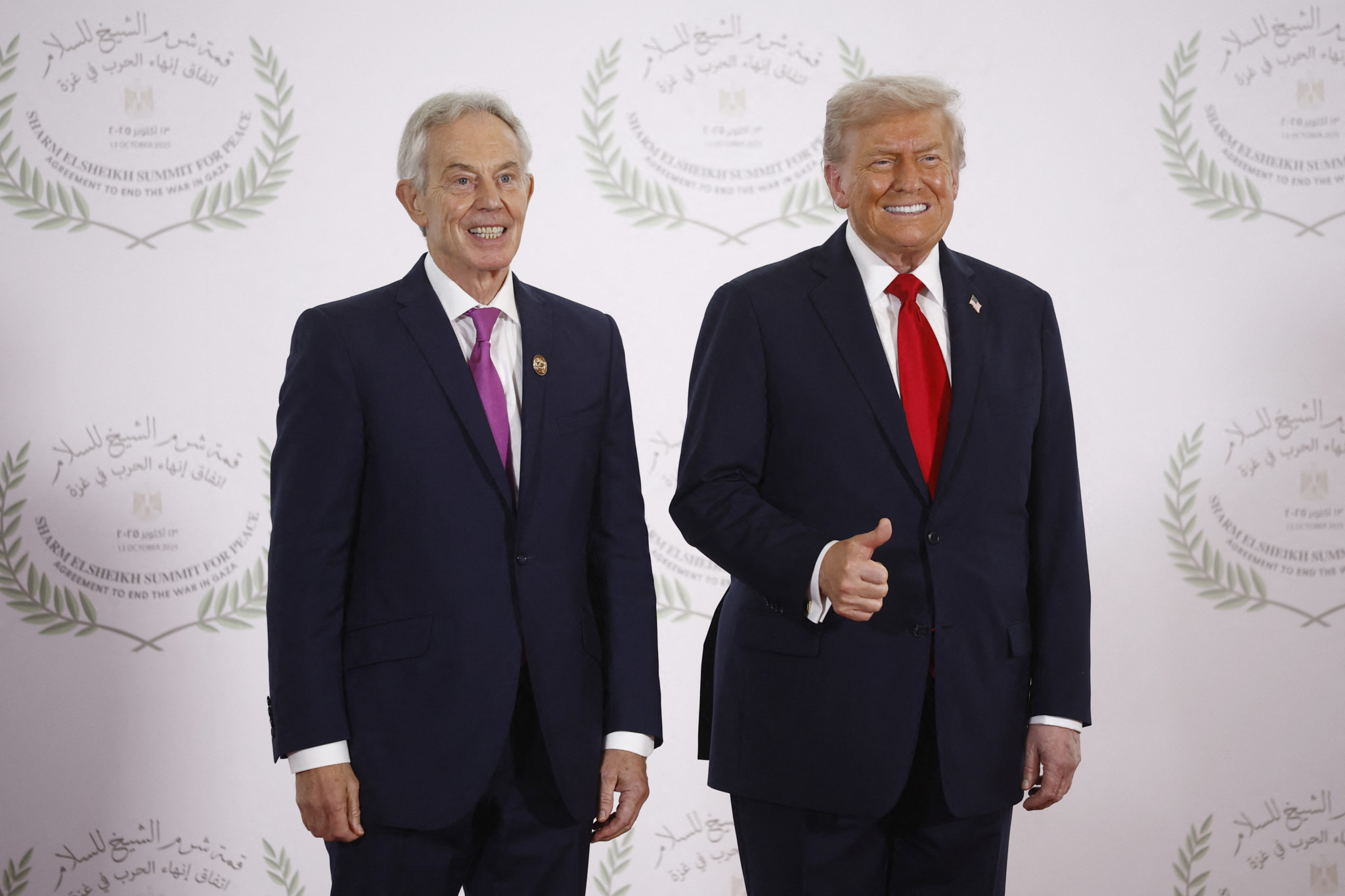




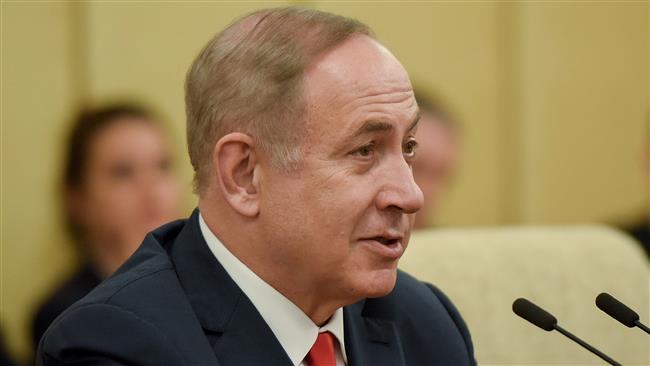
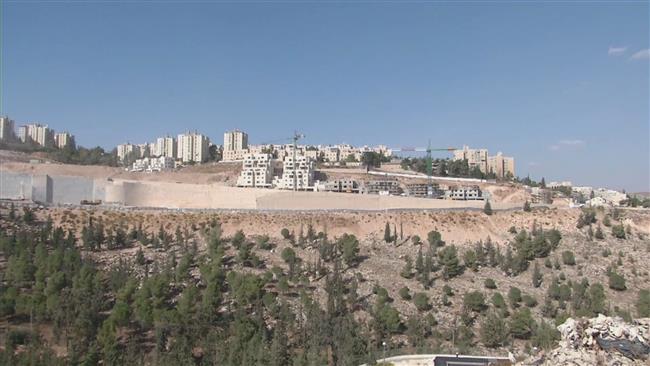

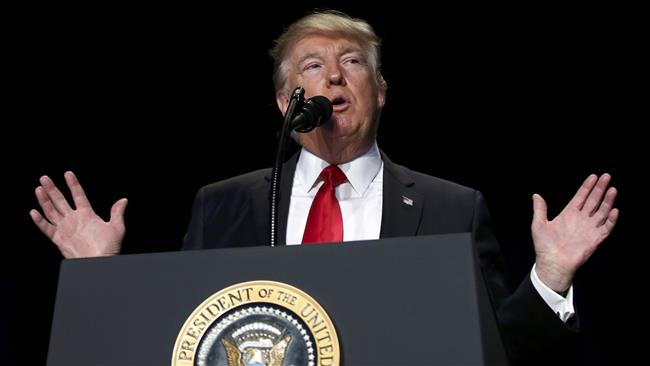
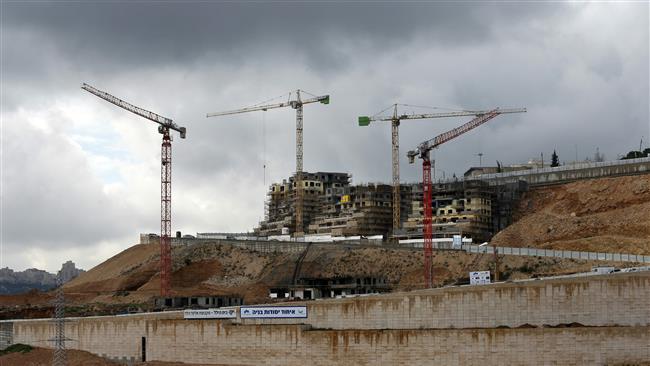

 This makes it easy to access the Press TV website
This makes it easy to access the Press TV website